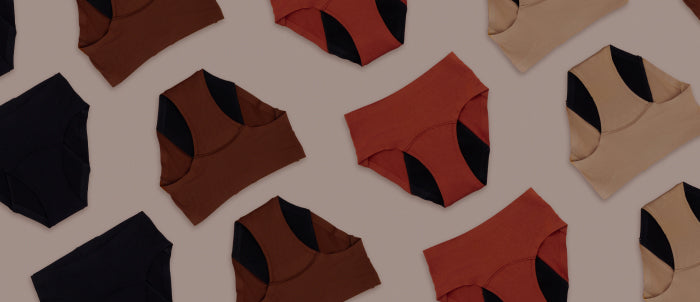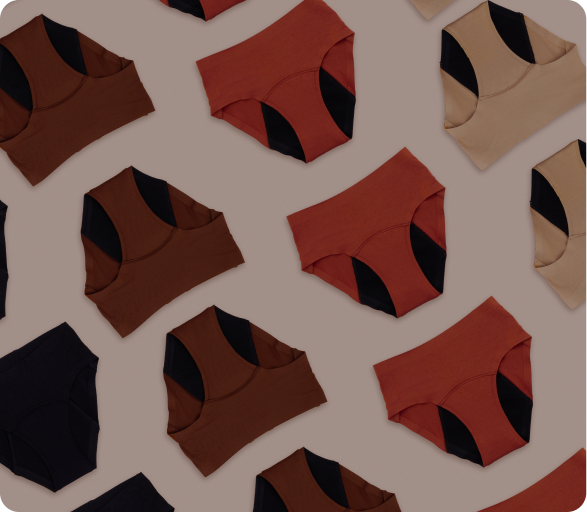Every year on 28th May, the world unites for Menstrual Hygiene Day— a global moment to spotlight a subject that should never have been taboo in the first place: periods.
Why 28th May? It’s symbolic. The average menstrual cycle is 28 days, and periods typically last 5 days, hence, 28/5. But Menstrual Hygiene Day 2025 isn’t just symbolic. It’s strategic. It's urgent. And this year’s theme, “Together for a #PeriodFriendlyWorld”, is a reminder that menstrual health is not a private issue— it’s public, political, and deeply personal.
Why Menstrual Hygiene Deserves The Spotlight
Menstruation affects nearly half the global population at some point in their lives, yet it continues to be shrouded in discomfort and shame. From missed school and workdays to painful infections and emotional stress, poor menstrual hygiene impacts health, dignity, and equality.
Menstrual hygiene means managing your period safely, comfortably, and with dignity. It includes access to clean and effective period products, safe and private spaces to change and dispose of them, clean water and soap for personal hygiene, and accurate information about menstruation. Just as importantly, it means living in a society where periods aren’t stigmatised— where you can talk about them openly, without shame or secrecy.
That’s why Menstrual Hygiene Day matters. It opens up conversations, demands better access to education and sanitation, and fuels innovation in sustainable and planet-friendly period products—from menstrual cups to period panties.
The Link Between Dignity And Period Products
Let’s address a key question: What are the most hygienic period products? The answer isn’t singular. The best option is the one that suits your body, your flow, and your access. For many, disposable pads are a go-to. But increasingly, people are turning to sustainable and planet-friendly menstruation alternatives that are better for their health and the planet. After all, a single sanitary pad can take up to 500–800 years to decompose, and most are used for just a few hours.
Enter period panties— a modern, reusable option that looks like regular underwear but is built to absorb blood, lock in moisture, and help you stay comfortable for up to 10 hours. So, do period panties actually work? Yes. Mahina's Super Heavy Period Panties can absorb up to 50ml (about five pads worth) in 10 hours and stay dry throughout wear.
Choosing something rash-free and comfortable whilst being 100% leak-proof isn't just a better choice— it’s an act of quiet rebellion in a world that’s asked women to settle for less.
Fighting Period Poverty And Stigma
Millions of menstruators, especially in underserved communities, don’t have the resources or information to manage their periods safely. This is period poverty, and it goes far beyond just product shortages. It’s about the absence of clean water, private toilets, and open dialogue.
This Menstrual Hygiene Day 2025, the fight isn’t just about promoting better products— it’s about demanding better systems. We need policies that provide free menstrual products in schools. Workplaces that respect menstrual leave. Education that goes beyond biology to empathy.
We need a culture where you don’t have to whisper the word “period.”
What You Can Do Today
- Start conversations: Whether at home, school, or work, speaking up helps normalise menstruation.
- Support sustainable choices: Try Mahina's period panties or other reusable options that reduce waste and cost over time.
- Donate if you can: Support organisations fighting period poverty with product donations or funding.
- Join in: Look out for Menstrual Hygiene Day activities near you, whether online or on-ground.
A Period-Friendly Future Starts Here
Menstrual Hygiene Day 2025 is a checkpoint— but it’s also a launchpad. The goal isn’t just to talk about periods. It’s to change how the world sees them. Not as dirty or shameful, but as natural, powerful, and deserving of care.
Let’s build a world where no one skips school, cancels plans, or compromises their health just because they bleed. Menstruation doesn’t pause for discomfort. Neither should the conversation.


























































